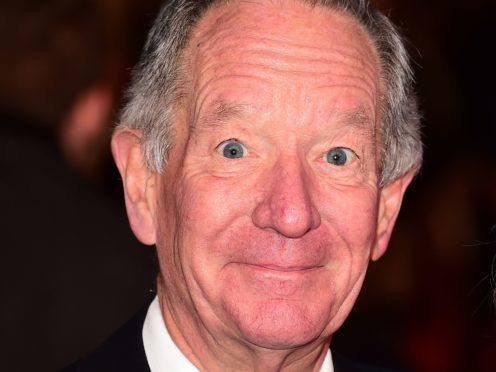Veteran broadcaster Michael Buerk has accused internet giants Facebook, Google and Twitter of having “no concern” about the truth.
The BBC presenter said the age of social media and reality TV shows had seen public discourse become increasingly shallow.
“And the point about Facebook, Google, Twitter, is that they have no concern about the truth,” he said.
“They are about us looking at ourselves, albeit in the mirror of other people’s lives, not interrogating the outside world.
“And they are making us ignorant, stupid and unhappy. And they are phenomenally successful. More fool us.”
Speaking at the Headmasters’ and Headmistresses’ Conference in Manchester, Buerk said Facebook was applying new techniques to an old idea.
“What Facebook is doing is capturing and selling people’s attention, much the same, I suppose, as mass market newspapers and ad-funded TV does,” he said.
“What’s different is how they do it – the complexity, the ruthlessness with which they identify and track us, and the impact the whole thing is having on our society in selling our eyeballs and wallets.
“It is indifferent to the actual content on its site except insofar as it helps target and sell advertisements.
“The psychology is basic too. People want to look at what other people are doing, to compare, to boast, and to show off.”
He added that platforms such as Facebook have an inherent tendency to fragment or atomise their users into like-minded groups.
Buerk said that on Facebook, if you are not a member of a particular group “being served up the lies, being targeted”, then you are unlikely to know those lies ever exist.
He continued: “On Facebook there have been no effective gatekeepers as there are with traditional media – nobody to say ‘That’s not true, we can’t publish that’. It has gone far beyond well-meaning anarchy.”
Facebook, Twitter and Google have been contacted for comment.
A spokesman for Twitter said: “Twitter is deeply committed to improving the health of the public conversation and civic debate online.
“We also believe that no single actor can or should be the arbiter of truth.
“Instead, we see Twitter’s open and real-time nature is a powerful antidote to the spreading of all types of mis and disinformation.
“For example, journalists, experts and engaged citizens tweet side-by-side, correcting and challenging public discourse in seconds.
“We also working hard to ensure we are surfacing the highest quality and most relevant content and context first.”
